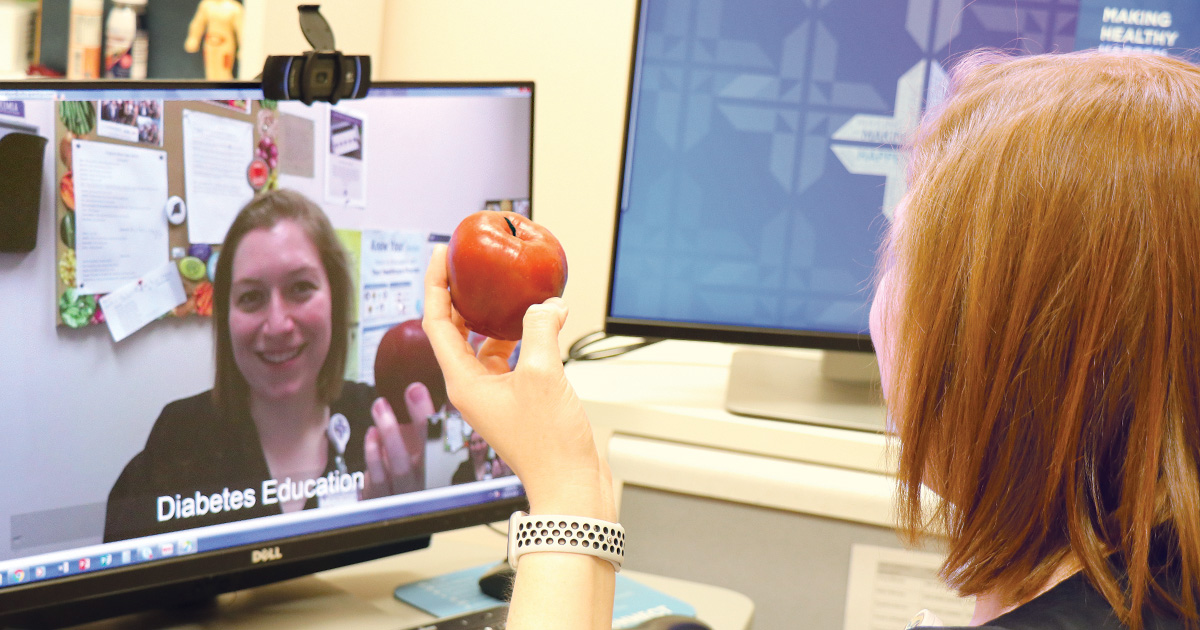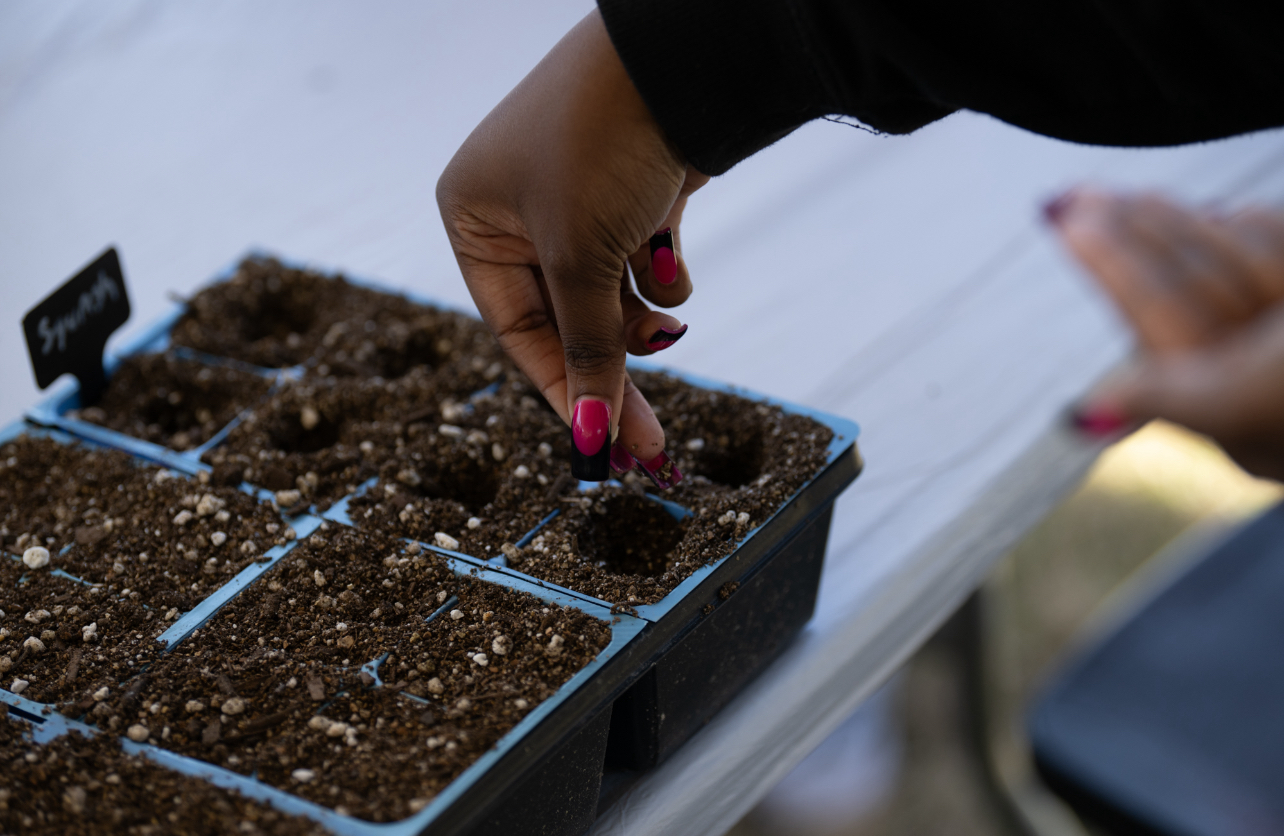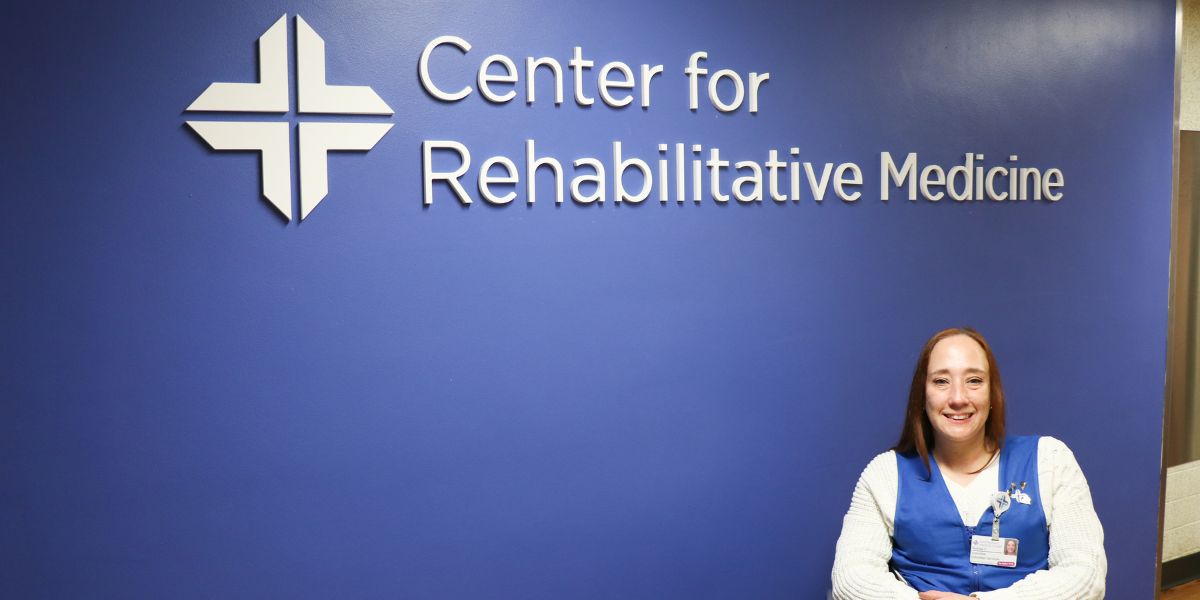
Close to home
Here in South Carolina, many family members, neighbors and friends are coping with diabetes. In fact, more than 10 percent of adults in South Carolina have diabetes, and one in four adults over 65 has the disease.
To help educate and care for the community, Spartanburg Regional Healthcare System recently launched a virtual diabetes education program at Union Medical Center. This program gives patients access to diabetes educators via a video connection.
Diabetes is often at the top of the list of conditions that cause major health disparities, according to Marc Bingham, MD, Spartanburg Regional’s vice president and system chief clinical informatics officer and medical director of telehealth.
“Our patients in rural areas have significantly less access to diabetes education,” Dr. Bingham said. “We saw a huge opportunity to improve access for patients. The evidence shows that if you improve access to diabetes education, you improve patient outcomes.”
The Union virtual diabetes education service launched in January 2019. It’s currently open to all Medicare patients with diabetes who are living in Union County. For more information, call 864-849-9705.
Reaching more rural patients
With the virtual program in place, people no longer have to spend the time or gas driving to Spartanburg. Instead, they get expert counseling from a registered dietitian in the comfort of their primary care office in Union.
“We know that the prevalence of diabetes in South Carolina is high, and it’s also high in Spartanburg and Union counties,” said Erica Moore, MHS, RD, diabetes education manager for Medical Group of the Carolinas. “With this virtual program, we wanted to be able to reach as many people as possible.”
Patients must be referred by their primary care physician to participate in the education program. Once a patient has a referral, the patient will meet with Julia Savoy, RDN, LD, the program’s diabetes educator.
Savoy will travel to Union for an in-person meeting for the first visit, and then conduct the other visits virtually.
One-on-one sessions
When it comes time for their appointments, patients arrive at Union Medical Center — Center for Family Medicine and check in with the front office staff the same way they would for a regular office visit. The staff then takes the patient to a private room with a computer where they can video chat with Savoy.
During the session, Savoy will ask about the patient’s recent blood sugar levels and weight loss goals. After checking in on the patient’s progress, Savoy dives into education and diabetes management, such as reading food labels, creating a healthy plate or counting carbs.
“Each visit is an individualized, one-on-one session,” Savoy said. “It provides access to a registered dietitian and diabetes expert that they may not have been able to get in Union.”
Every patient receives a booklet with a meal plan, carb counting book and information on diabetes support in their community. If a patient needs additional printed materials or guidelines, Savoy can connect to a printer on-site at Union.
Patients are also allowed to bring a support person along to the education sessions. These individuals can learn alongside the patient and help reinforce the education at home.
Each appointment lasts 45 to 60 minutes, and patients can have up to four sessions covered by Medicare.
Looking ahead to future programs
Moore and Savoy are optimistic about the program’s effect on the health of the community. If all goes well with the pilot, they hope they can roll out similar programs to other rural areas.
“Patients have told us that the program is a great experience and that they love not having to rush to appointments that are 30-45 minutes away,” Savoy said. “Everyone has responded well to it.”
Learn more about telehealth services offered through Spartanburg Regional Healthcare System.











